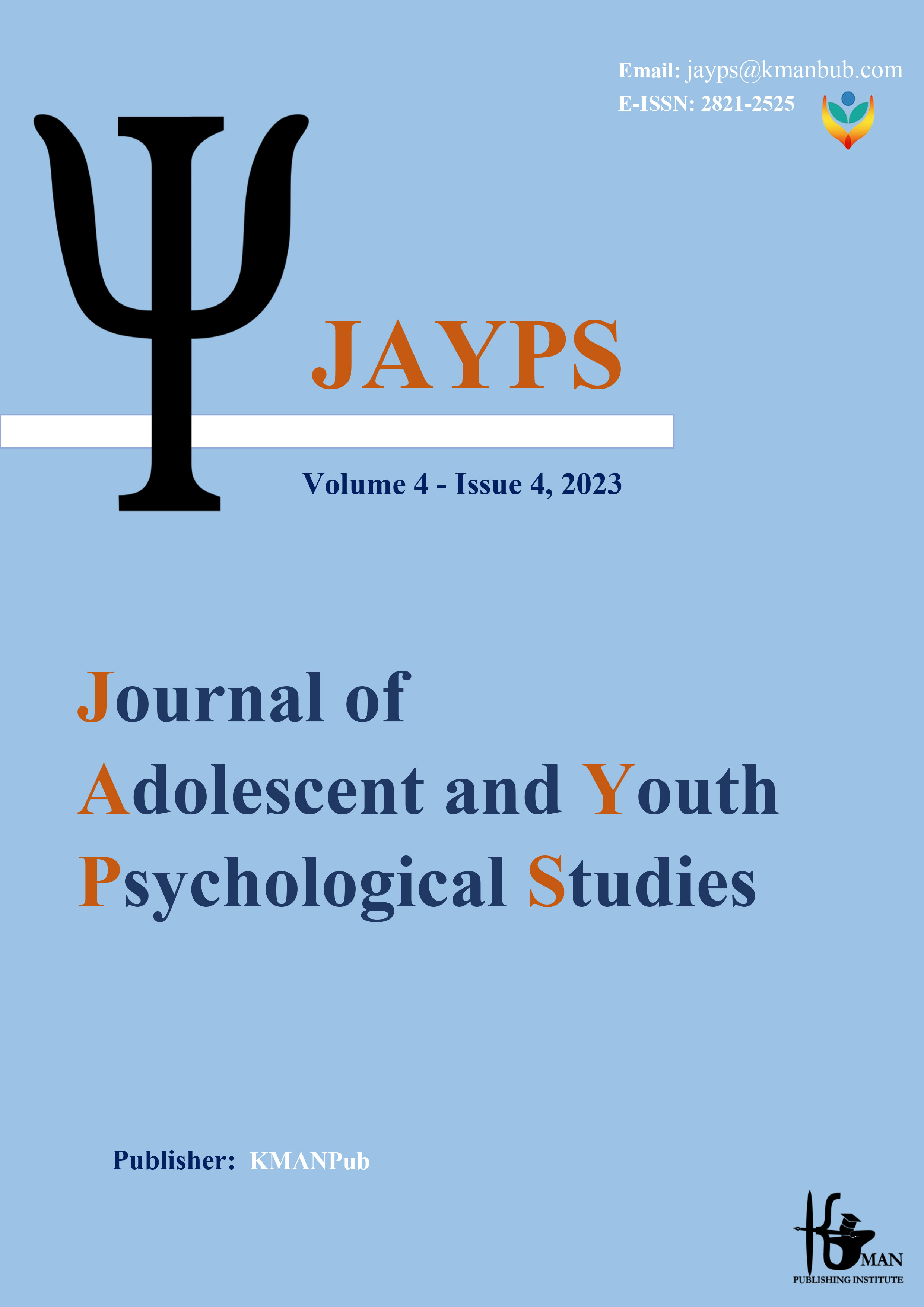Validity and reliability of digital self-efficacy scale in Iranian sample
Keywords:
Validity, reliability, digital self-efficacy scale, Iranian sample.Abstract
Background and Aim: The digital self-efficacy scale was prepared and developed in 2022 by Ulfert and Schmidt in order to measure the subject's competencies in using digital technologies. This scale consists of 25 items and measures digital self-efficacy in five dimensions, which are: 1) information and data literacy; 2) collaboration and communication; 3) production of digital content; 4) security; 5) Problem-solving. The purpose of the present study was to investigate the validity and reliability of the digital self-efficacy scale in the Iranian sample. Methods: The current research was applied in terms of purpose and validation research. The current research was a quantitative study in which validity and reliability determination methods were used to validate the digital self-efficacy scale. The statistical population of the present study included all students of Islamic Azad University, South Tehran branch, who were studying in the 2022-2023 academic year. The statistical sample of this research included 500 students who were selected by the available sampling method and completed the questionnaire. In order to statistically analyze the data, confirmatory factor analysis, exploratory factor analysis, KMO and Bartlett test, Cronbach's alpha, combined reliability coefficient (CR) and Pearson correlation coefficient were used. Statistical analysis of data was done with SPSS software version 23. Results: After confirming the face validity, 5 factors with a greater eigenvalue of 1 were identified through exploratory factor analysis, so that the 5 factors obtained in total were able to explain 70.55% of digital self-efficacy. Confirmatory factor analysis also showed the significance of the items of all 5 factors. Moreover, the coefficients obtained for convergent validity, test-retest reliability, Cronbach's alpha and composite reliability were all higher than 0.70, which indicates the appropriate reliability of this questionnaire. Conclusion: It can be concluded that the digital self-efficacy scale has good validity and reliability.
Downloads
Downloads
Published
Issue
Section
License

This work is licensed under a Creative Commons Attribution-NonCommercial 4.0 International License.









